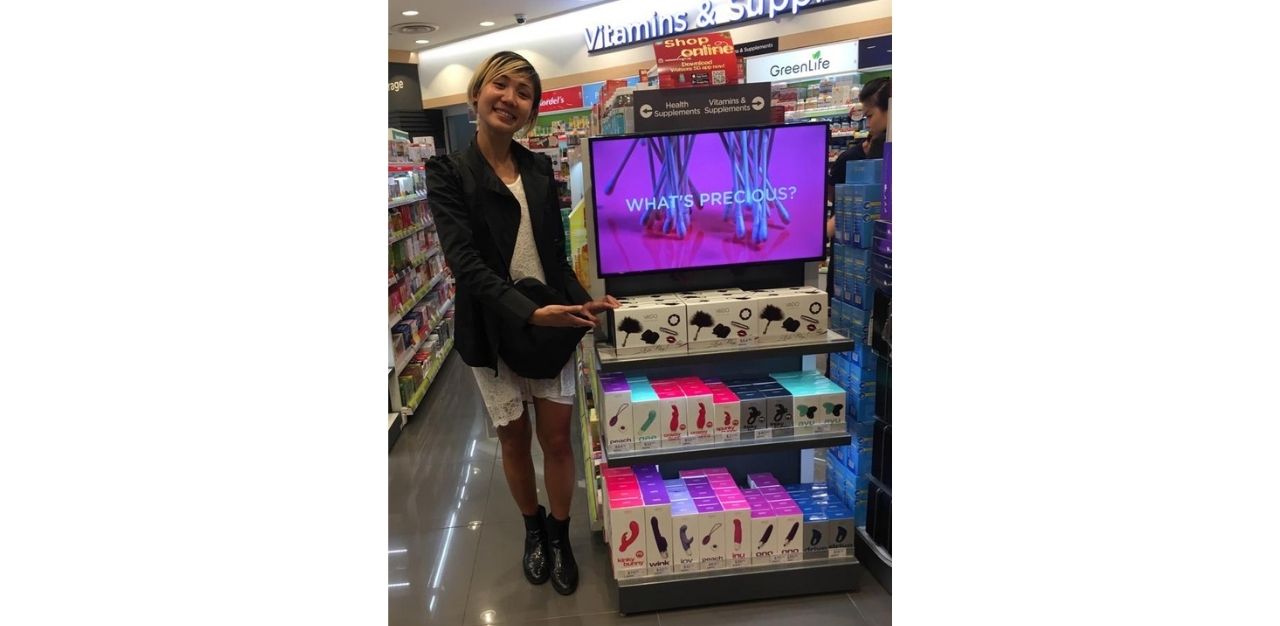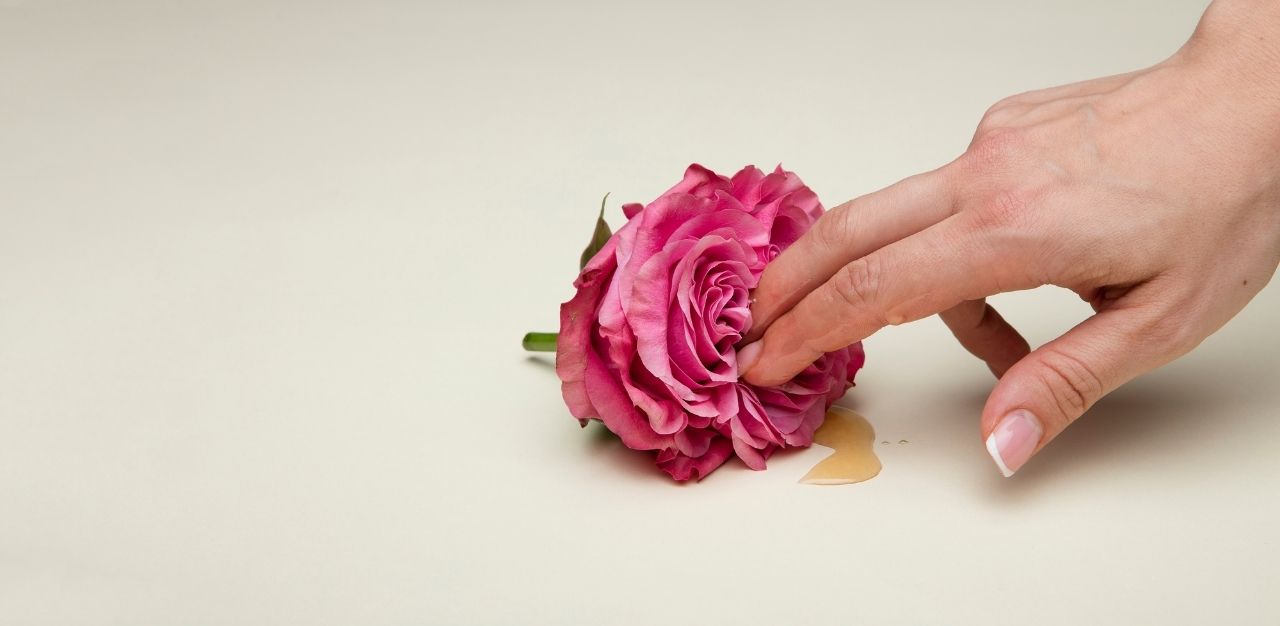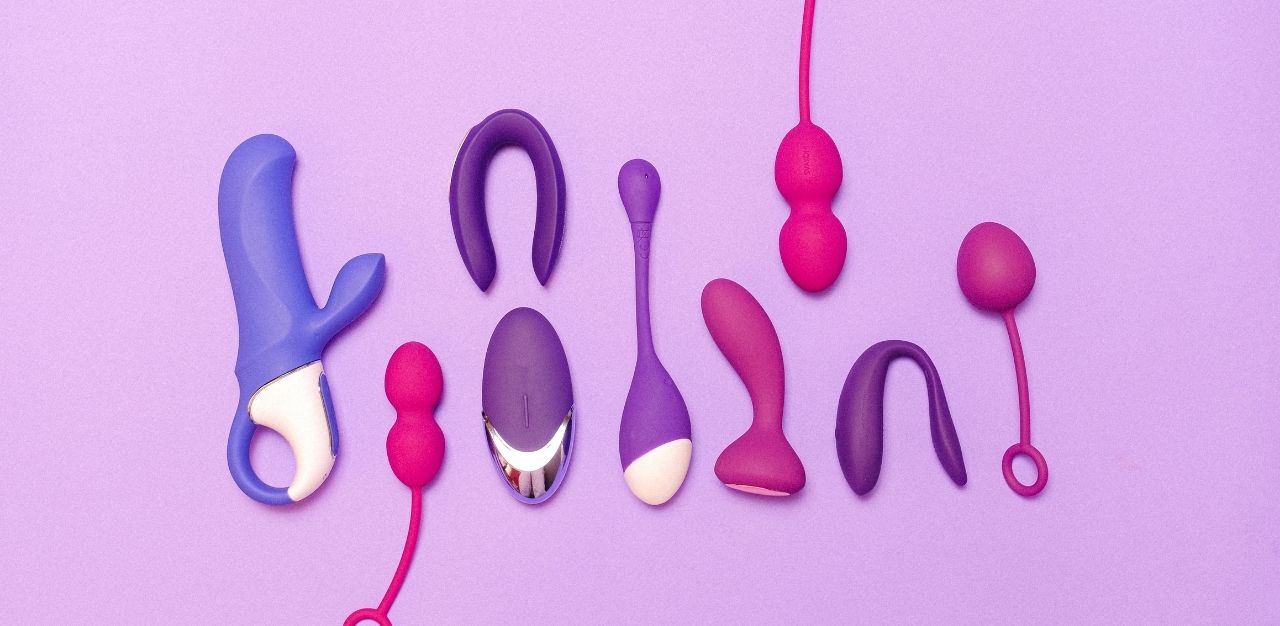We do not talk nearly enough about sex and female pleasure. But when we do, what are we saying? And beyond chitchat, how do our actions fare? In the second of a two-part series on female sexuality and pleasure, TheHomeGround Asia delves into the world of female masturbation and sex toys, uncovering the misconceptions surrounding them, and understanding how they are important to a woman’s sexual wellness.
‘Dirty’, ‘immoral’, ‘wrong’ – these are words that the women TheHomeGround Asia spoke to associated with masturbation when they were growing up. These sentiments are reflected nationwide: a 2015 survey commissioned by Swedish wellness brand Smile Makers revealed that one in two women think that talking about masturbation is taboo.
Sexual wellness advocate Janice Lee says that women are “afraid” of masturbating: “Masturbation is seen as dirty. You shouldn’t play with yourself… The hymen may break when you play with yourself, whether it’s with your fingers, or a toy… These are beliefs that have been perpetuated through the generations.”

It is perhaps no surprise then that Singapore presents with the largest masturbation gap in the world, according to a survey conducted by a sex toy company. Involving 6,000 participants across 12 countries, it found that women worldwide masturbate 68 per cent less than men on average. In Singapore, the gap widens to 79 per cent. This is despite women ranking their libido at a similar level to men.
The Smile Makers’ survey found that only 30 per cent of women in Singapore are satisfied with their sex lives, even though nearly 60 per cent believe that achieving sexual satisfaction is within their control.
So if women want it, why are they not getting it?
Lack of knowledge behind female masturbation and pleasure
“The issue is simply a lack of information,” suggests Ranae (not her real name). When chatting with a few of her girlfriends about masturbation, she recalls one of them asking, “How do you even do it?”
She adds: “Information about female sexuality and pleasure is rather opaque in mainstream media, unless you actively search for it.”
Misconceptions surrounding a woman’s sexuality and pleasure can also be a contributing factor.

Another interviewee, who prefers to use her pseudonym Veron, reveals that misinformation abounds in her conversations with friends: some believe that the clitoris is an extra fold in the vulva and unimportant for female pleasure; while many men think that it is easy for a woman to feel pleasure and achieve orgasms solely through penetration. Better yet, she has heard of men who maintain that speed is everything when it comes to pleasuring a woman.
“Sorry, lads, it’s about precision and rhythm,” she laughs. “Jackrabbits are useless here!”
But while Veron brushes off such misconceptions, they are telling of the sheer lack of knowledge about how women can achieve sexual pleasure. Not to mention the frequent ignorance about the female anatomy which she believes is fundamental information if a woman wants to have pleasurable sex.
“Every ‘pistil’ (the female reproductive part of a flower, alluding to the female vulva) is unique and everyone has different thresholds and pleasurable points,” says Veron, who acknowledges that female orgasms are not easy. “It needs understanding, time, a tender touch, and love.”
An ongoing survey of 560 women by local sexual wellness platform ZaZaZu finds that 73 per cent of college-educated (and above) women are unable to accurately identify the clitoris on a body anatomy map.
As it happens, a sample of 1,478 women reports that women are able to achieve orgasms less than a third of the time without clitoral stimulation, as opposed to nearly two-thirds of the time with it. This is a little-known fact among the women Liu Jingjin, co-founder of ZaZaZu, has spoken to.
She explains: “Very often, when you are in certain positions [during intercourse], you actually have an orgasm during sex because the clitoris is rubbing [against a surface]. There is stimulation on the clitoris but because you are having sex at the same time you don’t necessarily recognise that.”
Why masturbate? And why do women not?
Ms Liu argues the case for masturbation: “I believe the more you understand your body, the more you can protect yourself as well. Explore your body, and learn where your erogenous zones are. There are obvious zones, like the breasts and the clitoris, but I also have a client who said that her erogenous zones are behind her ears.”
“We have to stop thinking about the penis as the only tool and only form of having sex,” Ms Lee adds. “We should be thinking about having sex as different kinds of sensory experiences. Any erogenous zone can be stimulated.”

Besides learning more about one’s body, masturbation also comes with other perks, she says: “Masturbation relieves a lot of stress because it can release a lot of endorphins and serotonin [chemicals and hormones that regulate stress and happiness in our bodies].”
But despite the perks, women are still not masturbating, and Ms Liu believes that besides a lack of knowledge, some women are discouraged from engaging in their own pleasure.
In her experience consulting with women on sexual wellness issues, she reveals that many women think masturbation is harmful or will replace their partners. But, she says, “[masturbation] is an enhancement to get better sex with your partner, [rather] than having less good sex.”

Another prevalent problem she encounters is that many women’s partners actually discourage masturbation and the use of sex toys, as they feel intimidated by women taking charge of their sexual pleasure. She says that their partners tell them “if you introduce a sex toy into the bedroom, you are actually undermining my manhood.”
Ms Lee agrees, noting that she commonly gets questions from men along the lines of, ‘If my partner uses sex toys, what about me? What’s going to happen to me?’
“Nothing,” she answers. “If your partner thinks that the sex toy is better [than you], it’s not a problem with the sex toy, it is a problem with the relationship.”
The need to normalise sex toys
Some of these misconceptions and hesitations are why Ms Lee decided to enter the sexual wellness scene. As a business development consultant for sextech and femtech companies, she places sex toys on the shelves of mainstream stores, shops specialising in sexual products, and e-commerce.
“It’s to normalise the talk,” she explains. “The more you expose them to this, the more they are able to at least see that it’s okay for sex toys to be there because it’s not something to be ashamed of.”
She adds that placing sex toys on the shelves of stores in malls or e-commerce platforms helps alleviate the stigma attached to walking into sex shops: “The image is sleazy. If I go in, it means I’m perverted.”
But when made available in mainstream channels, she says that it is easier for people to pick up the toy and have a look at it.

“Instead of looking at it as just a toy, look at it as just another wellness product that is meant for your more intimate parts, that’s all. It’s nothing to be ashamed of,” says Ms Lee.
Raleigh (not her real name) welcomes the move: “It makes sex toys seem less taboo and stigmatised, and also much more accessible to the everyday woman.” She shares that her sex life has improved since she started using a vibrator that she received for her birthday.
Ranae and Veron, likewise, have had positive experiences with sex toys.
Advice for women starting out
Before even beginning to explore one’s body, Ms Lee reminds women: “Cut yourselves more slack.”
She advises: “We grow up with the norms and taboos around [masturbation], so we’re already a little bit biased against it. If the mindset is not changed, it’s hard to engage in the act wholeheartedly. We have to start slowly.”
But it is not necessary to buy a toy when starting out; fingers work just fine, says Ms Lee. The point, she emphasises, is that women should start by getting comfortable with their own bodies: “Make love to yourself… Which are the areas that you feel are more sensitive, which are the areas that you like being touched? Just get used to touching yourself… it does not have to be the vulva.”
And, if at the end of it all, you fail to achieve an orgasm, she insists, “Don’t berate yourself… Just practise it a few more times. Do it in different ways, and find different forms.”
Drawing from her own experiences, Ms Lee reveals that she does not achieve orgasms easily, but she still enjoys the journey.
Despite her occupation and running her own sexual advocacy platform, Ms Lee says she is still learning, a process that is ongoing: “Your body is always changing, the hormones are always changing. Everybody’s experience is different. And you should navigate this by yourself first, before engaging with a partner.”
Creating a welcoming landscape for women to explore their sexuality

It is Ms Lee’s hope that in promoting sexual wellness and sex-positivity, she will ignite a #makelovetoyourself movement.
“If you do not know how to make love to yourself first, you do not have a right to expect anybody else to know how to do that,” she underscores.
Meanwhile, Ms Liu’s goal with ZaZaZu is to forge a community where female pleasure is not just accepted but encouraged. Like Ms Lee, she emphasises that achieving a healthy state of female pleasure is not merely about bridging the orgasm gap, or even about achieving an orgasm.
“You don’t need to have orgasm to have great sex,” she says. “It’s just a consequence of great sex. When women start to enjoy sex, and sex becomes a central part of your life and an essential health pillar, then we can have a community where women can safely explore.”
And it is through exploring their sexuality that women can build more confidence, adds Ms Liu, something she has experienced herself.
“I became who I am today, a confident woman, partially because I was able to explore sexuality in a very healthy and open way,” she says. “Sexuality informs your identity. And if you are secure in who you are, that builds confidence, and confidence is something that encourages us to change the world.”
Join the conversations on TheHomeGround Asia’s Facebook and Instagram, and get the latest updates via Telegram.














